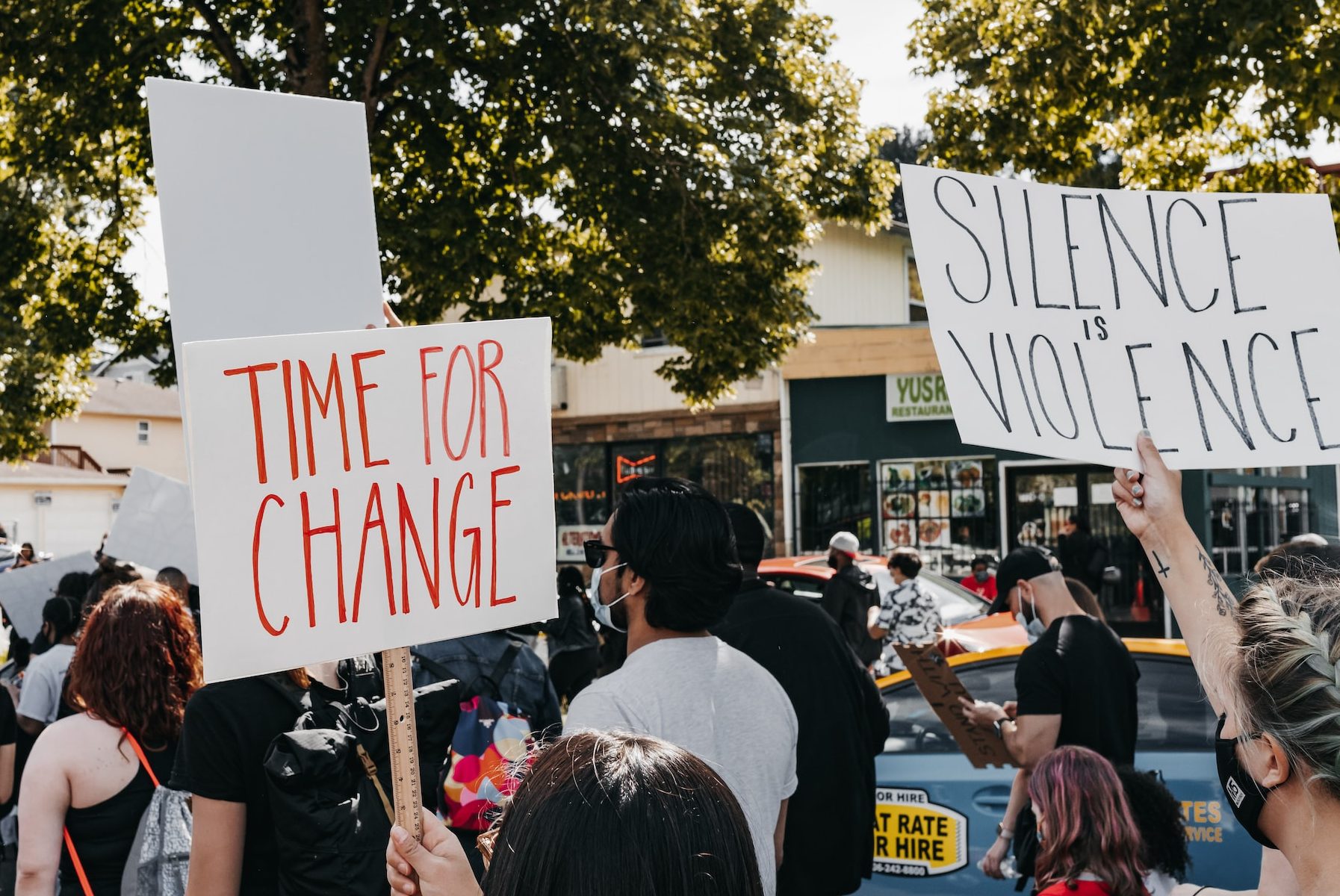Going into this year’s midterm election, Republicans were expected to blow out their Democratic opposition. A “red wave” was projected to come in response to the historically low approval ratings of President Biden. On top of that, it has been well documented that the President’s party usually underperforms during the midterms. The stage was set for major electoral wins for Republicans: Some polls had as many as 240 districts leaning red with only 195 districts forecasted to vote blue, which falls well short of the 218 seats needed for a Democratic House majority. Pundits and analysts predicted huge wins for Republicans in the House before the election, with the Senate being too close to call.
While Republicans won the House vote, the party’s anticipated sweeping wins were quickly overshadowed by historic losses across the country. Furthermore, the Senate has already been called in favor of the Democrats.
The underperformance of Republicans in the midterm election begs the question: Why didn’t pollsters anticipate the dramatic increase in young voters? The answer largely revolves around the difficulty of reliable polling, which also explains why pre-election polling data has received so much scrutiny over the past few election cycles. While there are many different methods of polling, they all have one thing in common: their inability to attract young voters. College-aged voters have been conditioned to ignore any calls from unknown numbers, which make phone polls increasingly obsolete, and straw polls aren’t any better at incentivizing younger voters to make their preferences clear. These barriers make it difficult to predict how and why young people vote.
A major factor that likely contributed to Republicans’ underperformance is the recent repeal of Roe v. Wade by the majority-conservative Supreme Court. The distress caused by the Dobbs decision gives people, especially young women, a concrete example of the rights that may be infringed upon under a Republican majority in any branch of government. According to polling data, college-aged women recognized this threat and responded at the voting booth. Exit polls showed that 72% of women aged 18-29 voted for Democrats in nationwide House races, which represents a sharp upward shift from previous years.
But higher voter turnout among people aged 18-29 signifies more than just a visceral response to the repeal of Roe v. Wade: College students are unhappy with the current political climate and feel like they can do something about it. In a post-Trump and post-insurrection United States, political action has become much less of a hobby and more of a call to arms for the average American. The real-life consequences endured after the election of former president Donald Trump compelled many voters to get involved in politics. This effect is especially strong among younger voters, whose only frame of reference against the Trumpian antics are the much more moderate — and frankly, much less problematic — presidential terms of Barack Obama.
A switch from radical politicians to moderate candidates can be seen in the present midterm election as well. The Pennsylvania Senate race indirectly pitted Trump and Obama against each other and displayed young voters’ shifting opinions of the two. Democratic candidate John Fetterman, who was endorsed directly by former president Obama, and the Trump-endorsed Republican candidate Mehmet “Dr.” Oz faced off in a race deemed “too close to call” prior to the election. In the end, Fetterman won with a fairly comfortable majority, signifying a Republican departure from radical politics. In some ways, many Republicans seem to be saying, “We tried it, and it didn’t work, so let’s go back to more moderate candidates.”
The consequences of defending Trump were felt across the board by Republican candidates. Election deniers severely underperformed in this year’s midterms, which largely contributed to the predicted red wave being so underwhelming. Even the staunchest Republican voters could not stand behind the treachery that occurred on Jan. 6. Republican candidates who thought their continued support for Trump would help their political careers soon realized that they were gravely mistaken.
This year’s midterm election may have important implications not just for the country, but for the world. Climate change was a key factor on the ballot this year: Republicans put the world at risk when they downplay or outright deny the effects of climate change, while Democrats seem to put much more weight on the issue. Given the severity of the crises of today, parties’ priorities are of particular importance to voters, and especially to younger citizens who will have to suffer through the consequences of the upcoming decades of climate action.
Appointing representatives who care about the climate crisis will put pressure on the rest of the government to enact meaningful change. Though global warming is the biggest threat to the world, Republicans put the American economy at the forefront of their campaigns. Similar financial concerns have even leaked into some Democratic ideologies due to their popularity among target voters. But college-aged voters understand the gravity of the situation at hand and are taking action accordingly.
In Illinois’s 17th congressional district, a toss-up election between economy-focused Republican Esther Joy King and Democratic climate change activist Eric Sorensen ended in a blue victory. While the economy is undoubtedly on shaky grounds under the current Biden administration, global warming should be a much larger source of concern among the voter base. Sorensen’s victory in Illinois showed that young voters are taking climate change seriously — and that their votes are propelling change.
Above all, the outcome of this year’s midterm election shows that young voters can make a real difference in the world. Politics no longer reflects just the desires of old white men; young voters can shift race outcomes and make real change. Hopefully, this sentiment will encourage you to register to vote and make your voice heard.

















